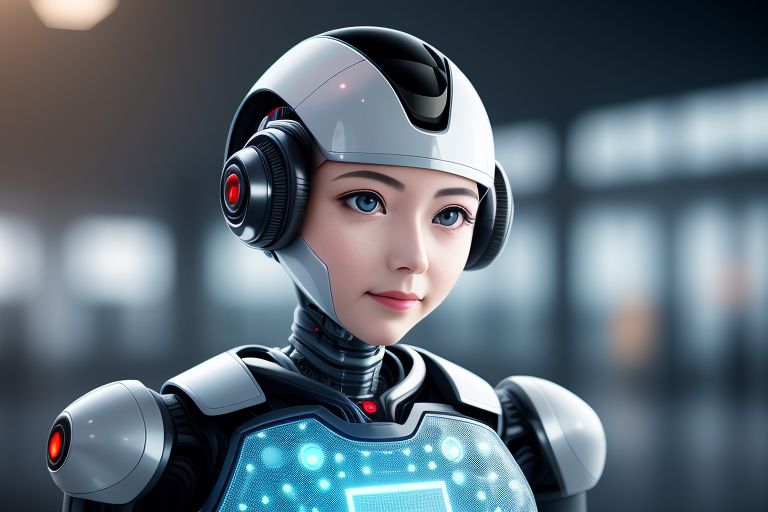
Will AI Replace Programmers? Exploring the Future of Coding in the Age of AI
Introduction
The rapid advancements in Artificial Intelligence (AI) have sparked conversations about its potential to revolutionize various industries. One such industry facing speculation is the world of programming. The question that often arises is: Will AI replace programmers? This article delves into this thought-provoking topic, examining the role of AI in coding, the current state of AI’s capabilities, and the potential implications for the future of programming.
The Current Landscape: AI and Programming
In recent years, AI has demonstrated remarkable capabilities in various fields, from natural language processing to image recognition. Within the programming realm, AI has been making strides in automating certain coding tasks. Tools like code generators, predictive text completion, and code analysis algorithms are becoming increasingly sophisticated, allowing developers to work more efficiently.
AI as a Programming Aid
AI is not positioned to entirely replace programmers but rather to complement and enhance their capabilities. AI-driven tools can assist programmers in various aspects of their work, such as:
- Code Generation: AI can automate the generation of repetitive code snippets, allowing developers to focus on more creative and complex tasks.
- Error Detection and Correction: AI algorithms can identify potential bugs and vulnerabilities in code, contributing to improved code quality.
- Predictive Coding: AI-powered autocomplete features can suggest code snippets and function calls, speeding up the coding process.
- Code Refactoring: AI can analyze existing code and propose refactoring suggestions to optimize performance and maintainability.
- Learning and Assistance: AI can provide learning resources, documentation, and troubleshooting suggestions to programmers.
AI’s Limitations
While AI has made significant strides, it’s important to acknowledge its limitations. AI lacks true understanding and creativity, relying on patterns and data to generate solutions. Complex decision-making, context comprehension, and designing novel algorithms remain tasks that require human insight and intuition.
The Future Outlook
The idea of AI fully replacing programmers remains a distant scenario. While AI can automate certain coding tasks, the creative and problem-solving aspects of programming require the uniquely human capacity for abstract thinking and innovation. As AI evolves, programmers are likely to transition towards more strategic roles, focusing on architecting systems, defining problem-solving strategies, and working at the intersection of technology and human needs.
The Collaborative Approach
Rather than being a replacement, AI and programmers are more likely to form a collaborative partnership. AI tools can amplify programmers’ productivity, enabling them to accomplish tasks more efficiently. This collaboration allows programmers to focus on high-level design, innovation, and ensuring technology aligns with human objectives.
Conclusion
The relationship between AI and programmers is not one of replacement but rather augmentation. AI’s role in programming is to support, streamline, and empower programmers, enhancing their abilities and efficiency. As technology advances, programmers will remain invaluable in translating human ingenuity into functional, meaningful applications. The synergy between AI and programmers is poised to redefine the way we approach coding, ushering in a new era of innovation and technological progress.



